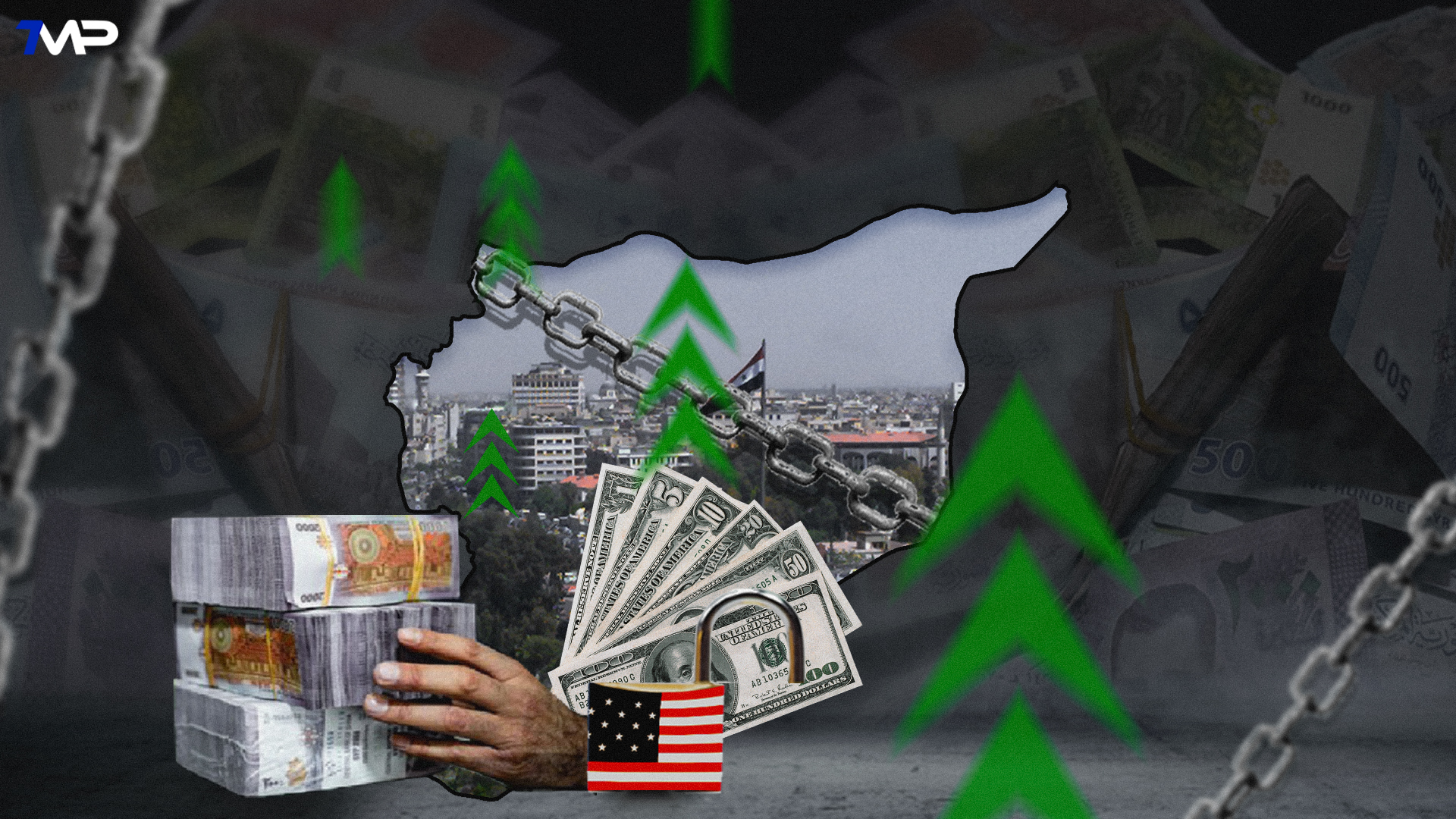US sanction ease on Syria for humanitarian air provision amid urgent calls to reopen humanitarian border crossings

Following the devastating earthquake on February 06, 2023, that dreadfully affected large parts of Southeastern Turkey and Northwestern Syria, humanitarian aid is urgently needed and has evolved into a serious issue for the afflicted Syrian population. More than 20,000 people were reportedly killed whereby the death toll is expected to rapidly increase, given the fact that thousands of civilians are still trapped under the rubble and debris.
In Syria, the number of victims of the earthquake has risen to more than 3.642 including more than 1.300 casualties and approximately 3.000 severely injured people with the area of Jindires, located in the Afrin district, being one of the most hardly affected locations.
Discussions regarding Rapid Response mechanisms and quick aid provision to the Syrian population have especially revolved around the imposed sanctions on the country, however, just recently, the US government has announced to ease sanctions on Syria for the sake of facilitating humanitarian aid to the earthquake afflicted areas.
Thus, the US Department of the Treasury’s Office of Foreign Assets Control (OFAC) issued a general authorization for transactions within 180 days that otherwise would remain prohibited due to the imposed sanctions on the Syrian State that were introduced with the so-called Caesar Act in 2019.
Bedran Ciya Kurd, Co-Chair of the Autonomous Administration Foreign Relations Department, has recently stressed the necessity to reopen the Tal Kocer/Al-Ya’rubiyah crossing, situated at the Syrian-Iraqi border to provide quick aid to Syria’s Northwestern areas. In addition, 138 Syrian human rights organizations, including the Syrians for Truth and Justice, demanded the implementation of a nondiscriminatory humanitarian response that does not exempt certain areas from air receive due to political reasons.
Due to the complex political and military situation in Syria, rescue teams were impaired from entering the afflicted areas that are currently under the control of different factions and entities, forcing the civilians themselves to engage in humanitarian aid. As any aid delivery delays will consequently jeopardize the lives of all civilians, especially the Syrian and Turkish governments, including Ankara-backed oppositional factions in the occupied Northern parts of Syria, which bear the primary responsibility for facilitating air deliveries. The international community on the other hand must take action to precipitate the reopening of humanitarian border crossings, such as the Syrian-Iraqi Tal Kocer/Al-Ya’rubiyah crossing to prevent embezzlement and corruption and ensure the arrival of necessarily required aid and relief materials to Syria’a suffering civilian population.
